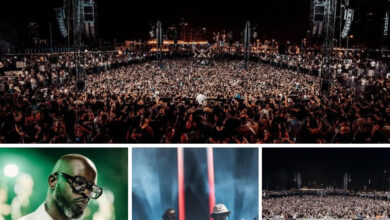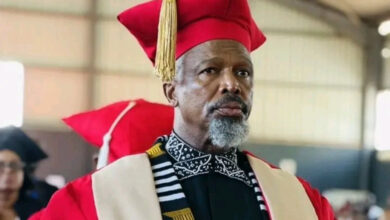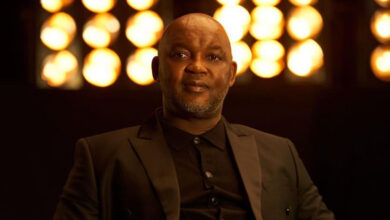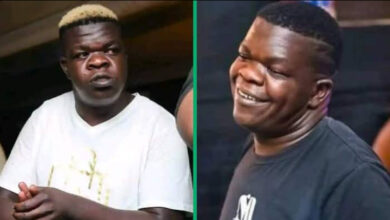22 Things you don’t know about Steve Biko
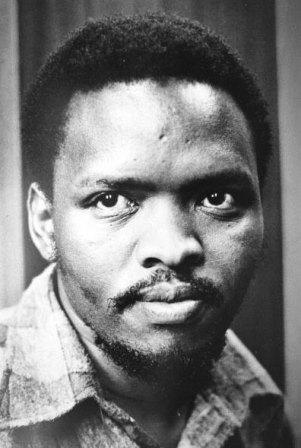
1. Steve Biko ‘s Full name is Stephen Bantu Biko
2. Steve Biko was born to parents Mzingayi Mathew and Alice ‘Mamcete’ Biko in Eastern Cape
3. Steve Biko ‘s father was a government clerk, while his mother did domestic work in surrounding white homes
4. The third of four children, Steve Biko grew up with his older sister Bukelwa; his older brother Khaya; and his younger sister Nobandile
5. In 1950, at the age of four, Steve Biko suffered the loss of his father who was studying law
6. Steve Biko was sent to Lovedale High School in 1964, a prestigious boarding school in Alice, Eastern Cape,
7. Steve Biko was expelled from Lovedale for his political views, and his brother arrested for his alleged association with Poqo (now known as the Azanian People’s Liberation Army)
8. After being expelled, Steve Biko then attended and later graduated from St. Francis College, a Roman Catholic institution in Mariannhill, Natal
9. Steve Biko studied to be a doctor at the University of Natal Medical School
Steve Biko was initially involved with the multiracial National Union of South African Students, but after he became convinced that Black, Indian and Coloured students needed an organization of their own, he helped found the South African Students’ Organisation 10. (SASO), whose agenda included political self-reliance and the unification of university students in a “black consciousness
11. In 1968 Steve Biko was elected its(SASO) first president
12. Steve Biko was also involved with the World Student Christian Federation
13. In the early 1970s Steve Biko became a key figure in The Durban Moment. In 1972 he was expelled from the University of Natal because of his political activities and he became honorary president of the Black People’s Convention. He was banned by the apartheid regime in February 1973, meaning that he was not allowed to speak to more than one person at a time nor to speak in public
14. In spite of the repression of the apartheid government, Steve Biko and the BCM played a significant role in organising the protests which culminated in the Soweto Uprising of 16 June 1976
15. On 18 August 1977, Steve Biko was arrested at a police roadblock under the Terrorism Act No 83 of 1967 and interrogated by officers of the Port Elizabeth security police including Harold Snyman and Gideon Nieuwoudt. This interrogation took place in the 16. Police Room 619 of the Sanlam Building in Port Elizabeth. The interrogation lasted twenty-two hours and included torture and beatings resulting in a coma. He suffered a major head injury while in police custody at the Walmer Police Station, in a suburb of Port Elizabeth, and was chained to a window grille for a day.
17. Steve Biko died shortly after arrival at the Pretoria prison, on 12 September. The police claimed his death was the result of an extended hunger strike, but an autopsy revealed multiple bruises and abrasions and that he ultimately succumbed to a brain hemorrhage from the massive injuries to the head
18. Donald Woods, a journalist, editor and close friend of Steve Biko ‘s, along with Helen Zille, later leader of the Democratic Alliance political party, exposed the truth behind Biko’s death. Woods was later forced to flee South Africa for England. Donald Woods later campaigned against apartheid and further publicised Steve Biko ‘s life and death, writing many newspaper articles and authoring the book, Biko, which was later turned into the film Cry Freedom
19. A year after Steve Biko death, some of his writings were collected and released under the title I Write What I Like
20. Even though Steve Biko was never a member of ANC, ANC has included him in the pantheon of struggle heroes, going as far as using his image for campaign posters in South Africa’s first non-racial elections in 1994
21. Apart from Donald Woods’ book called Biko, Steve Biko ‘s name has been honoured at several universities. Locally, the main Student Union buildings of the University of Cape Town are named in his honour and each year a commemorative Steve Biko lecture, open to all students, is delivered on the anniversary of his death
22. Steve Biko was born on 18 December 1946 and died 12 September 1977

